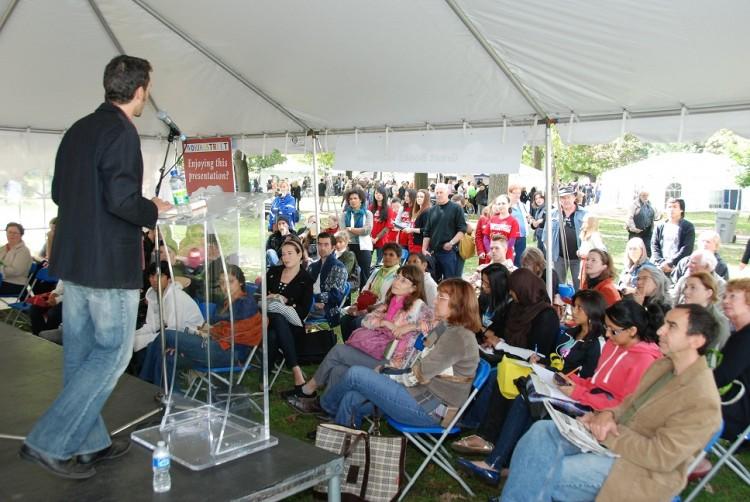The Toronto Police Service (TPS) launched their social media strategy on July 27, with some users less enthusiastic than others.
TPS Deputy Chief Peter Sloly led the strategy to implement Facebook and Twitter as a part of the service’s community outreach.
“A single cop sitting in his office, by regular use of his Twitter and Facebook account, can now reach out to thousands of people in the GTA and across the province,” Sloly said in a TPS news release.
But some Facebook power-users, especially teenagers, are concerned that a police presence on Facebook could lead to a loss of privacy and wonder whether police are trying to keep tabs on people’s personal activities.
Although 15-year-old David Chen has never posted anything illegal, violent, or dangerous on Facebook, “some friends do have pictures of underage drinking and smoking,” he said. He and a group of friends were suspicious when they heard TPS was boosting its presence on Facebook.
Billy Fang, 16, said he was worried about loss of privacy. He noted that many teenagers post inappropriate or illegal content to gain attention and popularity.
Friend Angel Li, 15, agreed.
“It’s what a lot of teenagers talk about these days. The gossip, parties, drinking,” said Li.
TPS Deputy Chief Peter Sloly led the strategy to implement Facebook and Twitter as a part of the service’s community outreach.
“A single cop sitting in his office, by regular use of his Twitter and Facebook account, can now reach out to thousands of people in the GTA and across the province,” Sloly said in a TPS news release.
But some Facebook power-users, especially teenagers, are concerned that a police presence on Facebook could lead to a loss of privacy and wonder whether police are trying to keep tabs on people’s personal activities.
Although 15-year-old David Chen has never posted anything illegal, violent, or dangerous on Facebook, “some friends do have pictures of underage drinking and smoking,” he said. He and a group of friends were suspicious when they heard TPS was boosting its presence on Facebook.
Billy Fang, 16, said he was worried about loss of privacy. He noted that many teenagers post inappropriate or illegal content to gain attention and popularity.
Friend Angel Li, 15, agreed.
“It’s what a lot of teenagers talk about these days. The gossip, parties, drinking,” said Li.



